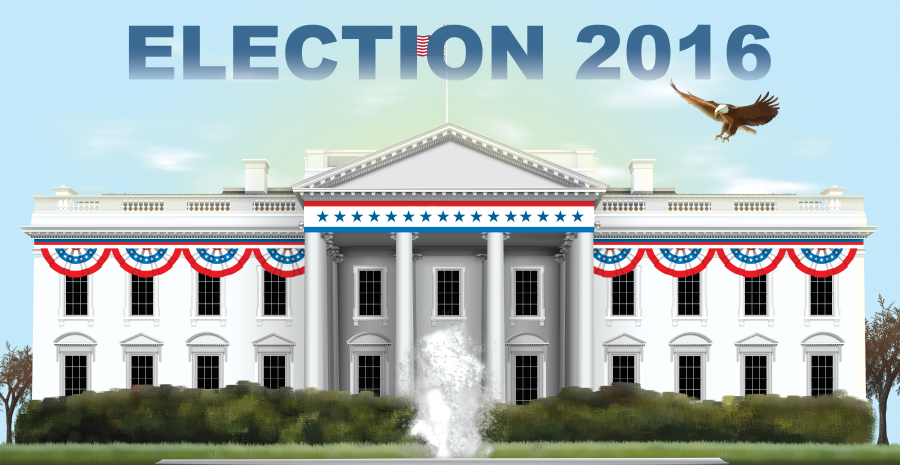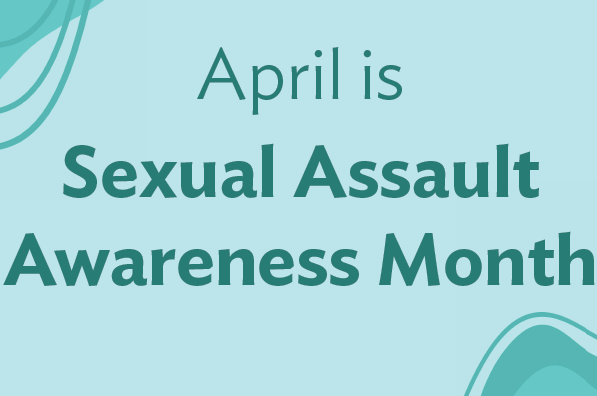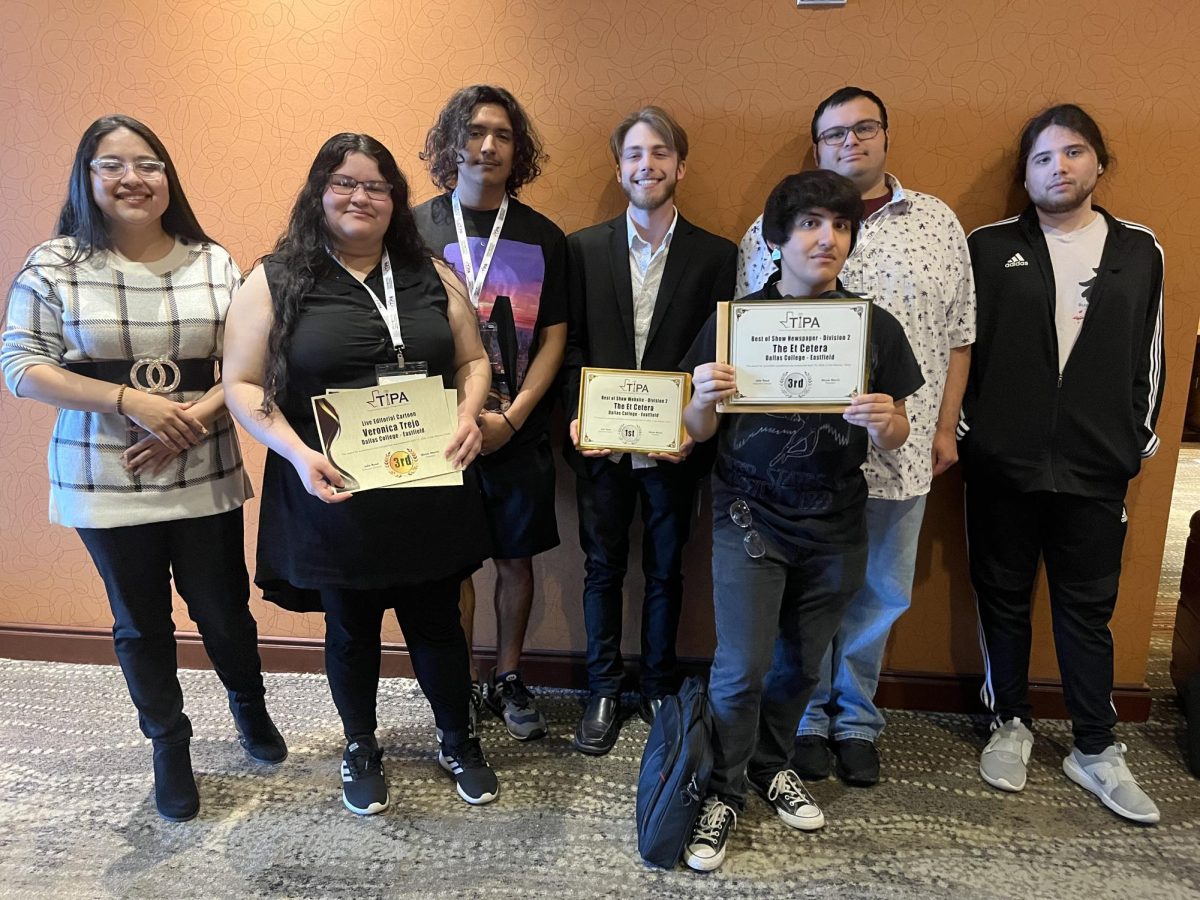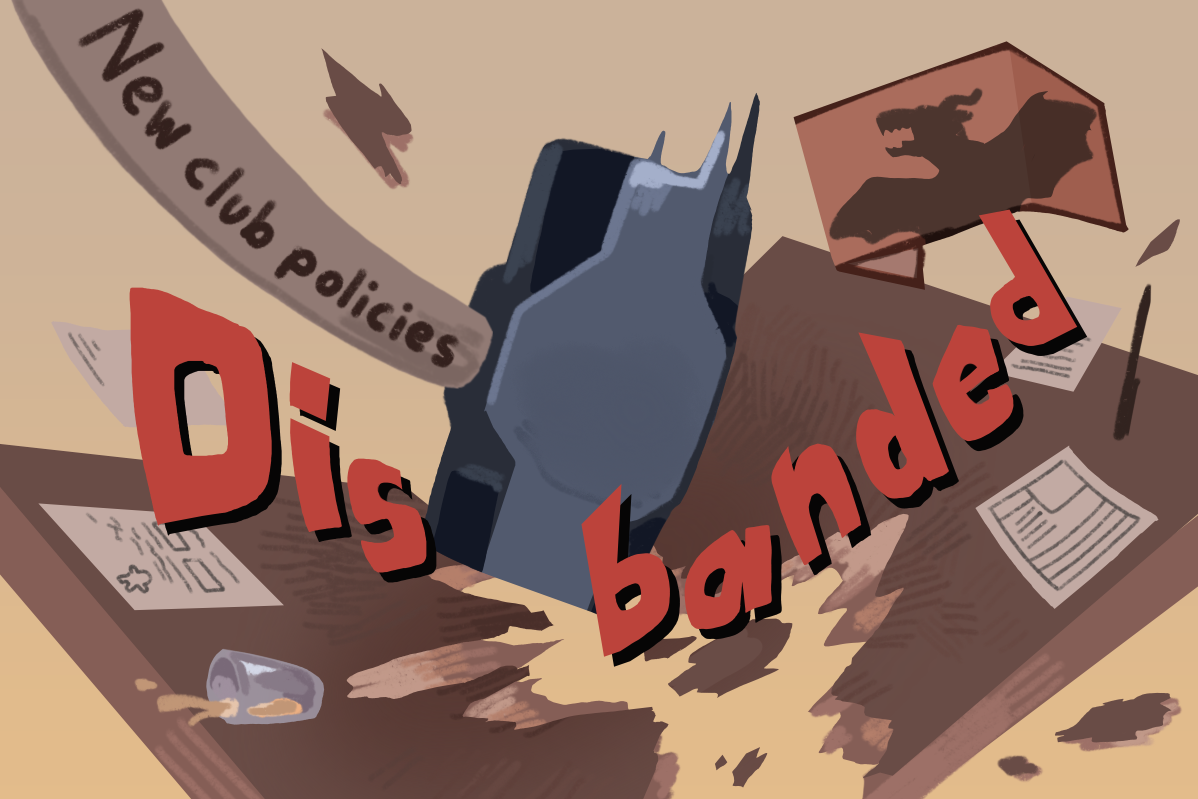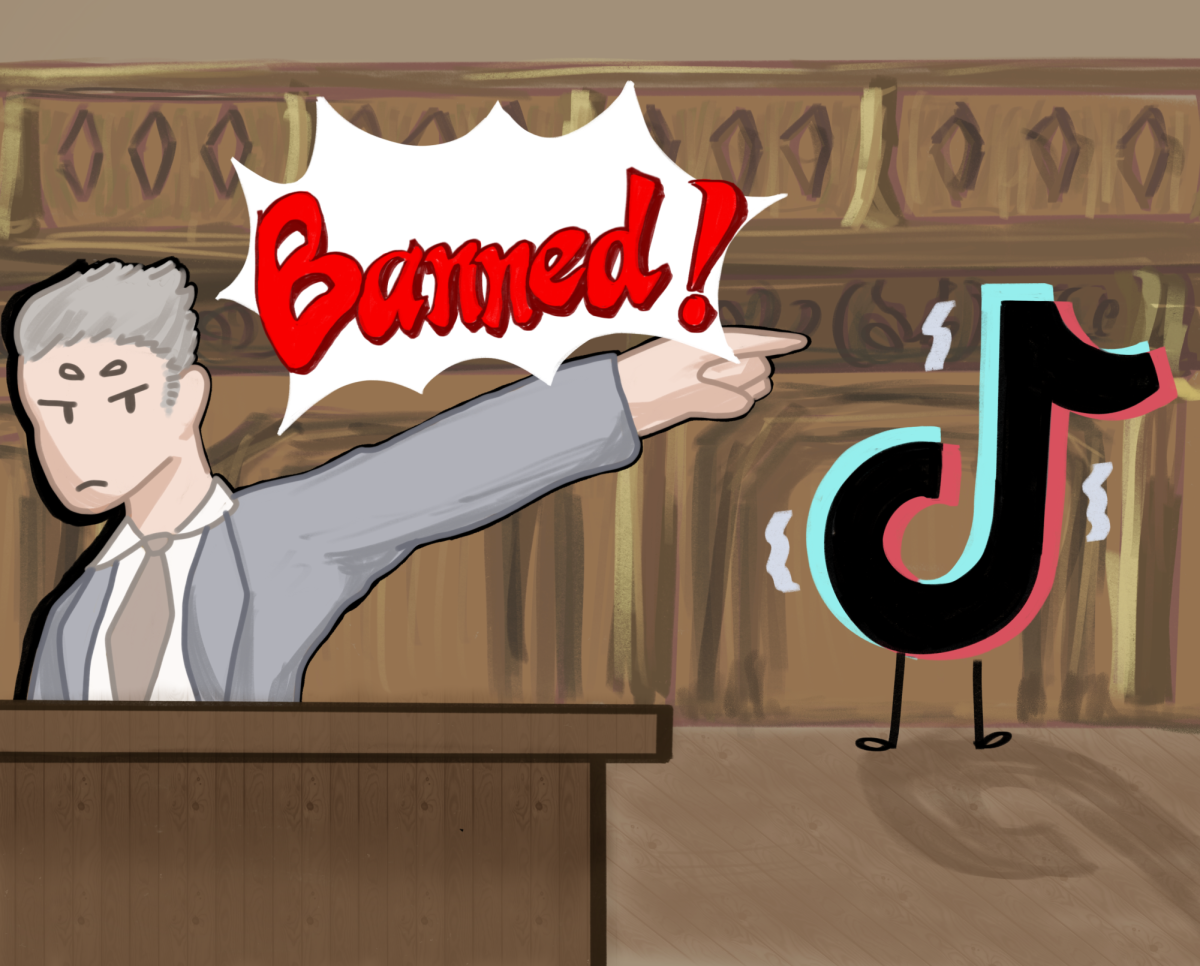
By JACQUELINE ESTRADA
@TheEtCetera
Lorenzo Chavez is the son of immigrant parents who worked in janitorial services the majority of their lives.
He was told that their lack of education was to blame for their lack of success.
Yet at 32, he feels he is still struggling to get the education that promised a better future.
Chavez has been making student loan payments of about $220 a month since 2008.
He received a total of three loans in his academic career.
“They’re killing me,” Chavez said. “That is why I am back here trying to get a career that pays more.”
Chavez is working on his nursing degree.
Chavez said he worries that this presidential election could make it more difficult for low-income students to get their degrees.
Democratic presidential nominee Hillary Clinton proposed free tuition at in-state, four-year public colleges and universities for students with incomes under $125,000, which would be effective 2021.
She promised that at the start of her presidency, families making $85,000 or less would be able to attend in-state four-year college or university free of tuition.
Clinton has also vowed to cut interest rates and refinance student loans to relieve the pressure on about 25 million debt holders.
Republican nominee Donald Trumps’ website states that his educational policies will ensure the opportunity to attend a two- or four-year colleges, which will be easier to access, pay for and finish.
While Trump has acknowledged the need for lower-cost education, he has not released any solid plans on how to cut prices.
Chavez attended Everest College and studied medical billing and coding.
He said the training was worthless and that he made more money working at State Farm.
Despite growing up in a low income family, Tiffany Robertson, an advising major at the University of Texas in Arlington, said she still wouldn’t want government-paid education.
“Someone does have to pay for the free education Hillary is offering,” she said. “We do not come from money, [but] my parents have been preparing since I was like 2 with my college fund.”
Martha Aguiñaga, a business major at University of Texas in Arlington, said she and her mother rely on financial aid.
“If they cut that help, I don’t know that I can get my bachelor’s degree anymore,” she said.
Beatriz Hurtado, an Easfield psychology major, has been enrolled in community college since 2010 but said she has been unable to finish because she is a single mother of two.
Because of her schedule, Hurtado can’t take enough classes to receive financial aid.
“[Financial aid was] great for students like me that have money problems, but it will become a drag for people with higher income who will have their taxes raised to pay for my free college,” Hurtado said.
Hurtado has turned down loans to stay out of debt despite knowing it would help her graduate sooner.
University of Texas at Arlington economics professor Roger Wehr said that while there is no such thing as a “free lunch.”
However, if education was free there would be more college graduates. He also believes its unrealistic.
“The government probably does not have enough tax revenue to pay for new students coming in,” Wehr said. “[Free college] sounds nice but it’s something that Idon’t think she’ll [Clinton] be able to do.”
Wehr paid for his education with scholarships and out of pocket.
“I cared more about my education when I was paying for it than when I had a scholarship,” he said. “When someone else is paying for it I didn’t care so much.When I’m paying for my grades, I cared more for it.”


